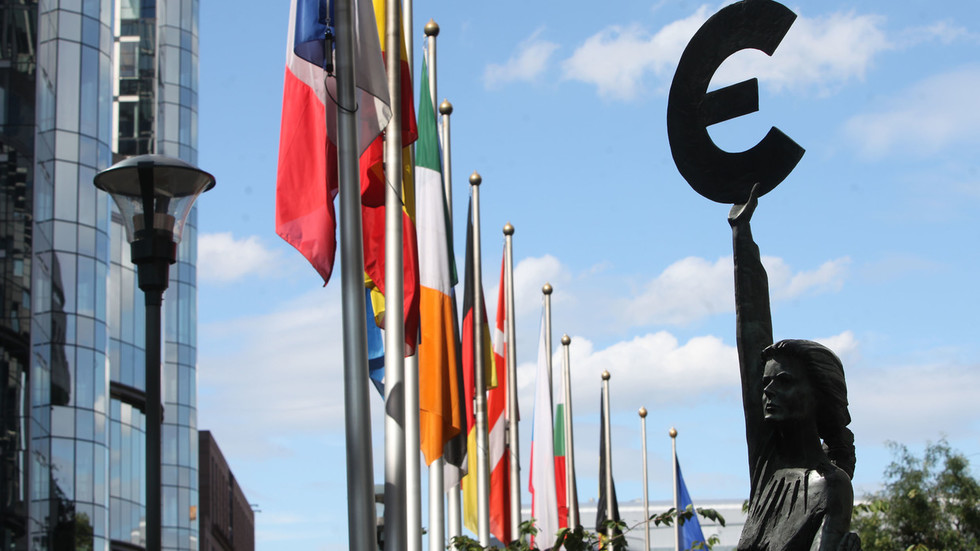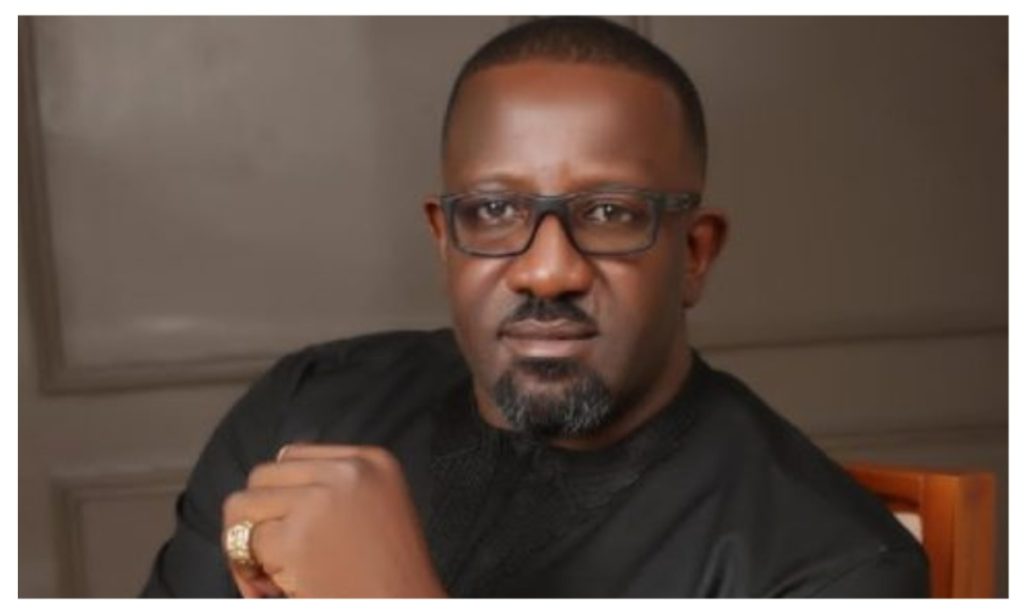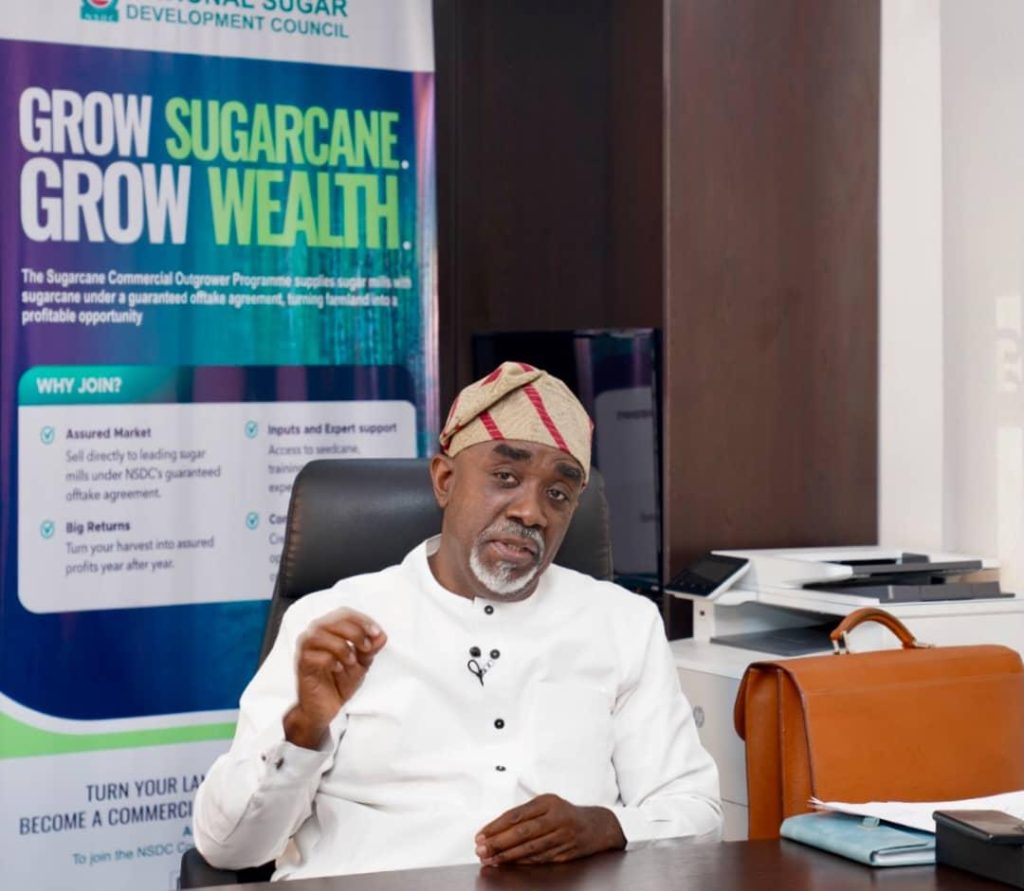Senegal, known for its vibrant political discourse, faces a democratic crisis as President Macky Sall’s decision to postpone the country’s elections sparks widespread unrest. The postponement, previously slated for February 25, has been met with outrage, leading to internet and media shutdowns, protests, and accusations of an “institutional coup.”
President Sall’s turbulent path to the postponement included considering a third term bid, disqualifying key opposition leaders, and the dissolution of a popular political party, culminating in fatal demonstrations. The indefinite postponement, announced on February 3, has plunged the nation into a full-blown crisis, with the election now scheduled for December, months after Sall’s constitutional mandate ends in April.
The postponement has further eroded public trust in Senegal’s governing institutions, evident in alarming polling data indicating a deep-seated mistrust and declining confidence in the country’s leadership, particularly among the youth. With a median age of just eighteen, only a quarter of young adults believe in the government’s ability to address economic concerns and create job opportunities, amplifying the population’s frustration and disillusionment with the democratic process.
President Sall’s decision to postpone the elections, ostensibly to resolve disputes and ease political tensions, has backfired, portraying him as self-interested and out of touch with the populace. This move not only jeopardizes democracy in Senegal but also sets a disturbing precedent for other West African nations. Sall’s quest for electoral outcomes risks destabilizing the country, offering only a hollow victory.
In conclusion, Senegal, once perceived as a beacon of democracy in West Africa, now grapples with a turbulent political landscape, jeopardizing its democratic identity and stability.



